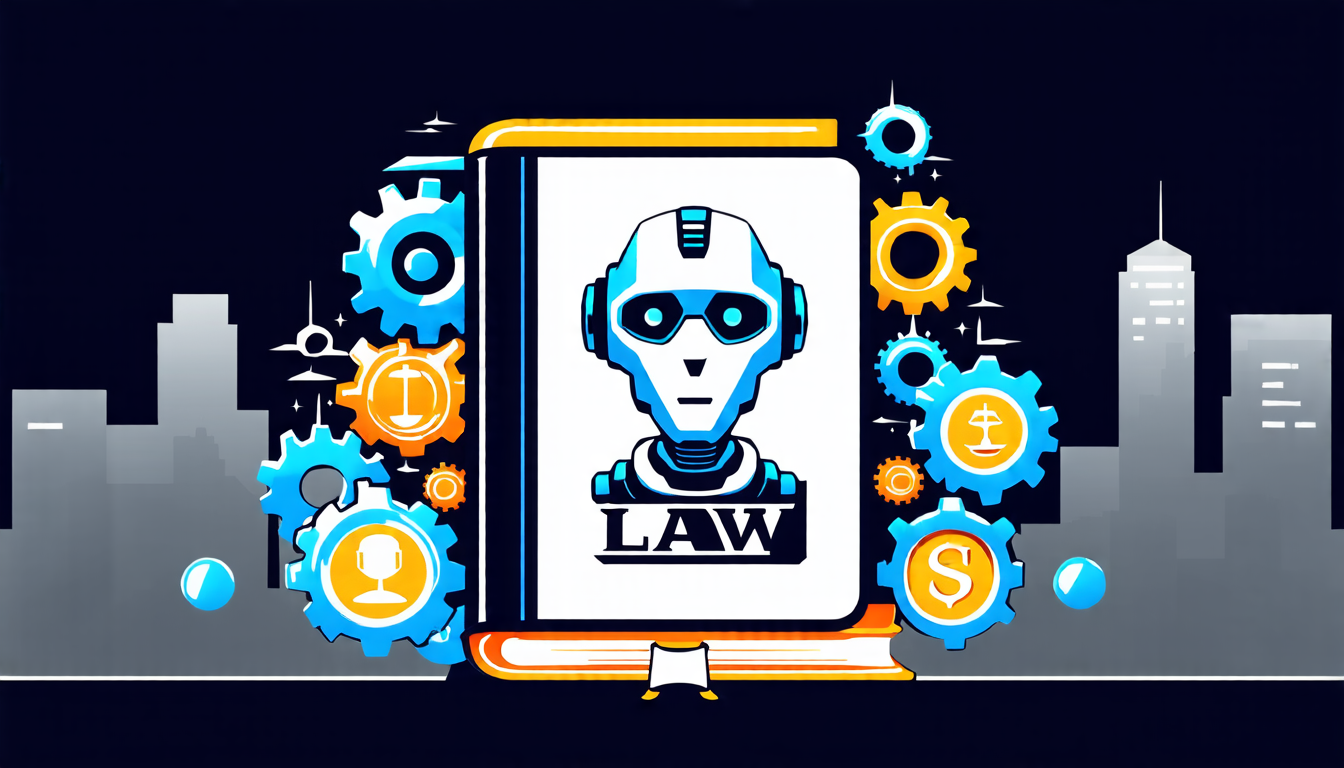Friday 28 March 2025
Researchers have been working on a new tool that can assess how well artificial intelligence (AI) models understand legal concepts and apply them correctly. This is an important task, as AI is increasingly being used to make decisions in fields like law, medicine, and finance.
The tool, called LegalBench, uses a combination of natural language processing and machine learning algorithms to analyze the performance of AI models on a set of standardized legal questions. The questions cover various areas of law, including family, criminal, and commercial law.
To develop LegalBench, researchers collected over 4,000 exam-style questions from Portuguese law exams. They then used these questions to train three different AI models: GPT-4o, Claude-3-Opus, and Llama-3.1-8B. The models were tested on their ability to answer the questions correctly, and their performance was evaluated using a range of metrics.
The results are impressive. On average, the AI models scored around 80% correct answers across all question types. However, there were significant variations in performance between the different models and question types. For example, the GPT-4o model performed particularly well on multiple-choice questions, while the Claude-3-Opus model excelled at matching questions.
The researchers also found that certain areas of law proved more challenging for the AI models than others. Family law, for instance, was a tough nut to crack, with only around 60% correct answers. In contrast, commercial law was relatively easy, with an average score of over 85%.
So what does this mean? Well, LegalBench provides a valuable benchmark for assessing the legal knowledge and reasoning abilities of AI models. This is important because AI is increasingly being used to make decisions that have significant real-world consequences.
For example, in the field of law, AI-powered chatbots are already being used to provide legal advice to clients. However, these systems are only as good as their training data, and LegalBench can help ensure that they are adequately prepared for the complexities of real-life legal cases.
In addition, LegalBench could also be used to evaluate the performance of human lawyers and judges, providing a valuable tool for improving legal education and training.
Overall, the development of LegalBench is an important step towards building AI systems that can truly understand and apply legal concepts correctly.
Cite this article: “Assessing Artificial Intelligences Understanding of Legal Concepts with LegalBench”, The Science Archive, 2025.
Artificial Intelligence, Legal Knowledge, Machine Learning, Natural Language Processing, Law Exams, Standardized Questions, Performance Metrics, Ai Models, Benchmarking Tool, Legal Education







